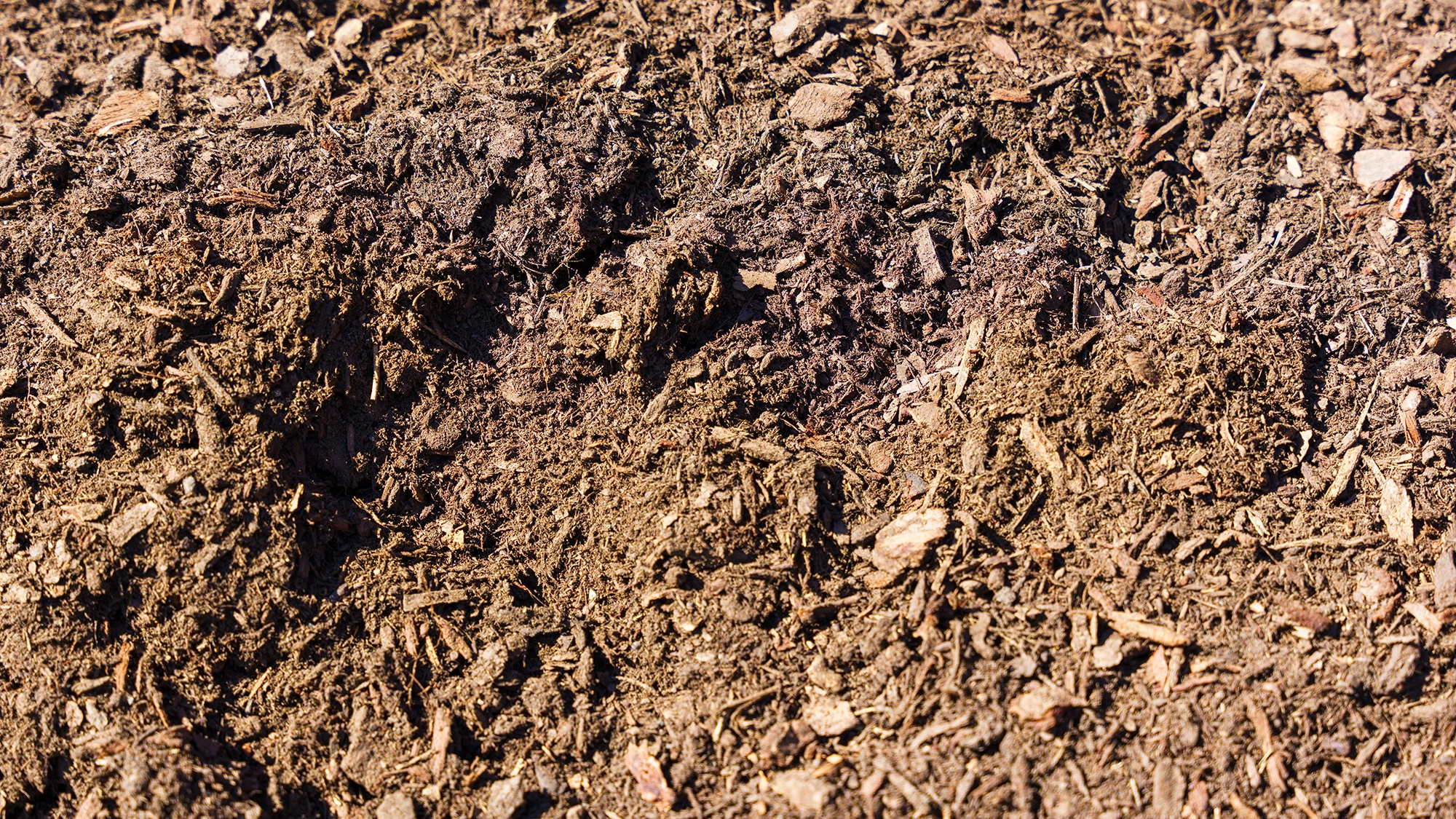Article Links
What are Soil (Amendments)?
Soil is a natural resource composed of minerals, organic matter, air, and water. It forms the upper layer of the Earth’s surface and is critical for supporting plant life, regulating water flow, and cycling nutrients. Soil creation is a natural process, but certain industrial processes, such as wood products production, can produce soil or soil amendments.
While wood doesn’t directly produce soil, it can be composted or decomposed to create soil amendments or organic matter that enriches the soil. Various types of wood, including Douglas Fir and Hemlock Fir, can be processed into compost that contributes to soil formation. Wood chips, sawdust, or bark from Douglas fir can be composted to create rich organic matter. When mixed with existing soil, this matter improves its structure, water retention, and nutrient content.
Hemlock wood and bark are also compostable. Hemlock decomposes slightly faster than Douglas fir, providing organic matter that can help improve soil texture and fertility.
Commercial Uses of North Fork Produced Soil (& Soil Amendments)
Using wood waste from Douglas fir and Hemlock, North Fork creates high-quality soil amendments used in various commercial applications. Soil amended with Douglas fir tends to have a darker color due to the decomposition of the wood and bark. It has a crumbly texture which is excellent for improving soil aeration and drainage. Rich in organic carbon, Douglas fir soil improves water retention and supports microbial activity, which is beneficial for plant health. Soil derived from hemlock has a lighter texture and is generally less dense. It is ideal for improving soil structure without significantly altering its pH. Hemlock-derived soil is slightly acidic, making it suitable for acid-loving plants and improving soil aeration.
Here’s how they contribute to soil production:
Community Engagement: The company works with local farmers, gardeners, and conservation projects, providing them with enriched soils that support sustainable land management practices.
Composting Operations: North Fork Lumber composts sawdust, bark, and wood chips to create organic matter that is blended into soil products.
Sustainable Practices: The company emphasizes sustainability by recycling wood waste into valuable soil products, reducing landfill use, and enhancing its environmental footprint.
Local Distribution: The soil products are distributed locally, supporting agriculture, landscaping, and reforestation projects in the region.
Innovation: North Fork Lumber is exploring innovative methods to enhance the quality and efficiency of soil production, including optimizing composting processes and experimenting with different wood blends.

